What is the cheapest way to cook?
Air fryers, microwaves and slow cookers can all save you money over conventional ovens
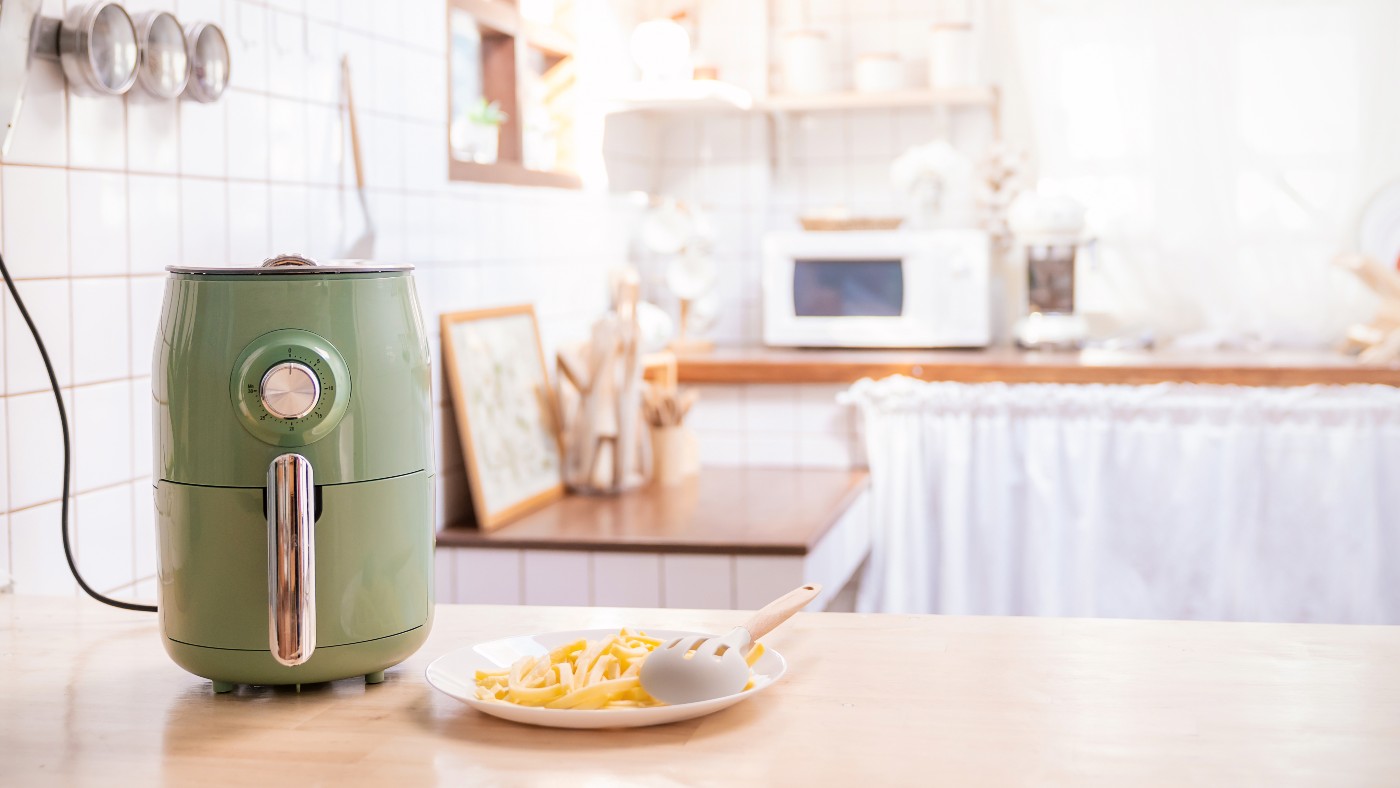
A free daily email with the biggest news stories of the day – and the best features from TheWeek.com
You are now subscribed
Your newsletter sign-up was successful

Thanks in part to higher energy bills, many people are looking for ways of cooking that won’t send their gas and electricity usage soaring.
As a result, air fryers in particular have become “the most sought-after kitchen appliance”, said The Money Edit.
Air fryers along with microwaves and slow cookers all consume “significantly less energy than ovens”, said the BBC, so using these instead, if possible, will save you money.
The Week
Escape your echo chamber. Get the facts behind the news, plus analysis from multiple perspectives.

Sign up for The Week's Free Newsletters
From our morning news briefing to a weekly Good News Newsletter, get the best of The Week delivered directly to your inbox.
From our morning news briefing to a weekly Good News Newsletter, get the best of The Week delivered directly to your inbox.
Limiting oven use to only “special occasions is the single most impactful thing an individual can do”, Sarah Bridle, professor of food, climate and society at York University, told the BBC. The author of Food and Climate Change Without the Hot Air added that ovens are “particularly inefficient” because they’re often uninsulated, so “you end up heating the whole kitchen”.
An average electric oven costs 21p an hour to run, said Ideal Home, and uses between 2,000 to 5,000 watts of energy, added Direct Energy. That is more than 100 times higher than the energy consumption of a slow cooker.
But which oven alternative is the cheapest?
Air fryers
Air fryers are worktop appliances, so they naturally have “a smaller capacity than a traditional oven”, said ExpertReviews. But they “can cook food much faster than a traditional oven, often with more even results”.
A free daily email with the biggest news stories of the day – and the best features from TheWeek.com
Plus, if you are swapping deep frying for air frying, the website added, “you’ll definitely be making a positive change to your diet, with a significant reduction in the amount of fat you consume”.
Air fryers have proven to be so popular that retailers have frequently run out of them, said The Money Edit. The cost of air fryers can vary from as low as £30 to more than £300, according to the financial website, depending on the model you go for, the number of baskets it has, and its capacity.
The cost of running your air fryer will depend on how powerful it is, the model, and how long you use it for, said MoneyWeek, adding that the average air fryer uses between 800 to 2,000 watts (W) of power.
If you used an 800W air fryer for 30 minutes every day, it would cost you just under £50 annually, explained MoneyWeek. “To keep the costs down further, make sure you’re only keeping them switched on as long as they are in use.”
Microwaves
Microwaves may not be as versatile as conventional ovens, conceded the Talented Ladies Club, but don’t discount their usefulness. After all, they can make reheating, defrosting and melting a breeze.
An average 700W microwave, the website said, will use about 0.058kWh of energy if used for around five minutes. This will cost around 1.98p.
This suggests a microwave is cheaper to run than an air fryer but, as The Money Edit highlights, it depends on what you like to cook.
“A microwave heats and reheats food well,” the financial website said, while an air fryer gives foods that crispy, fried quality that a microwave just can’t, but “there’s definitely no shame in using them both”.
Slow cooker
Slow cookers are making a comeback, said the Talented Ladies Club, as even if you have it on all day slowly braising a beef casserole, “it will use about the same amount of energy as a lightbulb”.
It’s estimated that the average slow cooker uses roughly 1.3kWh over eight hours of cooking time, said The Sun.
A 100W slow cooker can cook a casserole in eight hours for 27p, said MoneyWeek, compared with two hours in the 2,000W oven for £1.36.
The best choice of appliance may actually depend on what you are cooking.
Preparing a baked or boiled potato is cheapest in the microwave, costing just 3p, according to uSwitch research quoted in The Sun. That’s compared to 27p in an electric oven and 14p on an electric hob.
If you’re looking at cooking a hearty casserole, The Sun said, it’s the slow cooker that works out cheapest, at 22p. It uses 0.80kWh of energy, as opposed to 1.94kWh on an electric oven.
Don’t give up on your oven just yet, though. It has the “added benefit” of letting you cook many things at once, said MoneyWeek, “or a large quantity of the same food which you then freeze in portions and heat up in a microwave at a later date”.
Marc Shoffman is an award-winning freelance journalist, specialising in business, property and personal finance. He has a master’s degree in financial journalism from City University and has previously written for FTAdviser, ThisIsMoney, The Mail on Sunday and MoneyWeek. This article is based on information first published on The Week's sister site, The Money Edit.
Marc Shoffman is an NCTJ-qualified award-winning freelance journalist, specialising in business, property and personal finance. He has a BA in multimedia journalism from Bournemouth University and a master’s in financial journalism from City University, London. His career began at FT Business trade publication Financial Adviser, during the 2008 banking crash. In 2013, he moved to MailOnline’s personal finance section This is Money, where he covered topics ranging from mortgages and pensions to investments and even a bit of Bitcoin. Since going freelance in 2016, his work has appeared in MoneyWeek, The Times, The Mail on Sunday and on the i news site.
-
 The world’s most romantic hotels
The world’s most romantic hotelsThe Week Recommends Treetop hideaways, secluded villas and a woodland cabin – perfect settings for Valentine’s Day
-
 Democrats push for ICE accountability
Democrats push for ICE accountabilityFeature U.S. citizens shot and violently detained by immigration agents testify at Capitol Hill hearing
-
 The price of sporting glory
The price of sporting gloryFeature The Milan-Cortina Winter Olympics kicked off this week. Will Italy regret playing host?
-
 Energy prices set to rise in October – how to reduce your gas and electricity bill
Energy prices set to rise in October – how to reduce your gas and electricity billThe Explainer With the price cap expected to rise before this winter, what is the best way to prepare, and lower costs?
-
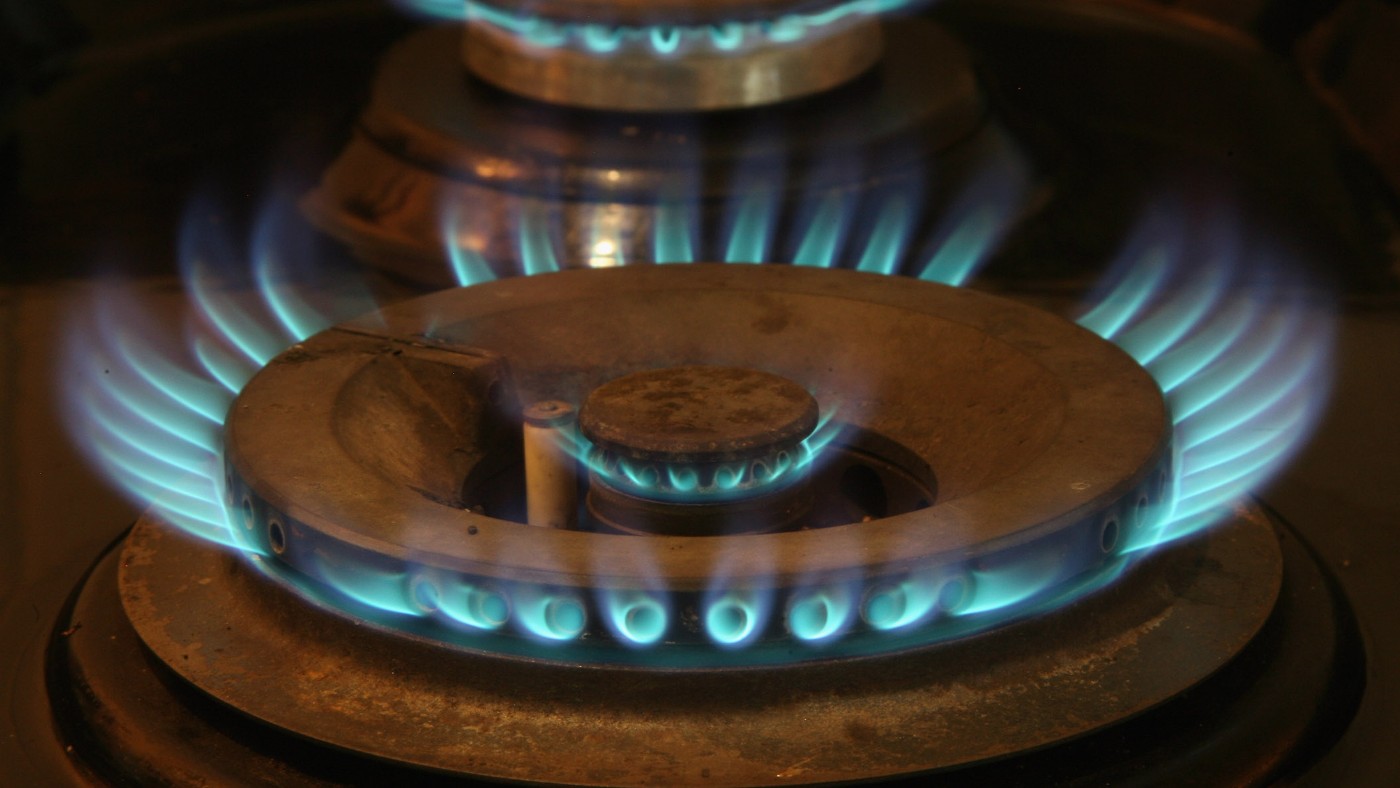 Should the Ofgem energy price cap be scrapped?
Should the Ofgem energy price cap be scrapped?Today's Big Question Poorer households may end up paying more this winter despite cap being lowered from October
-
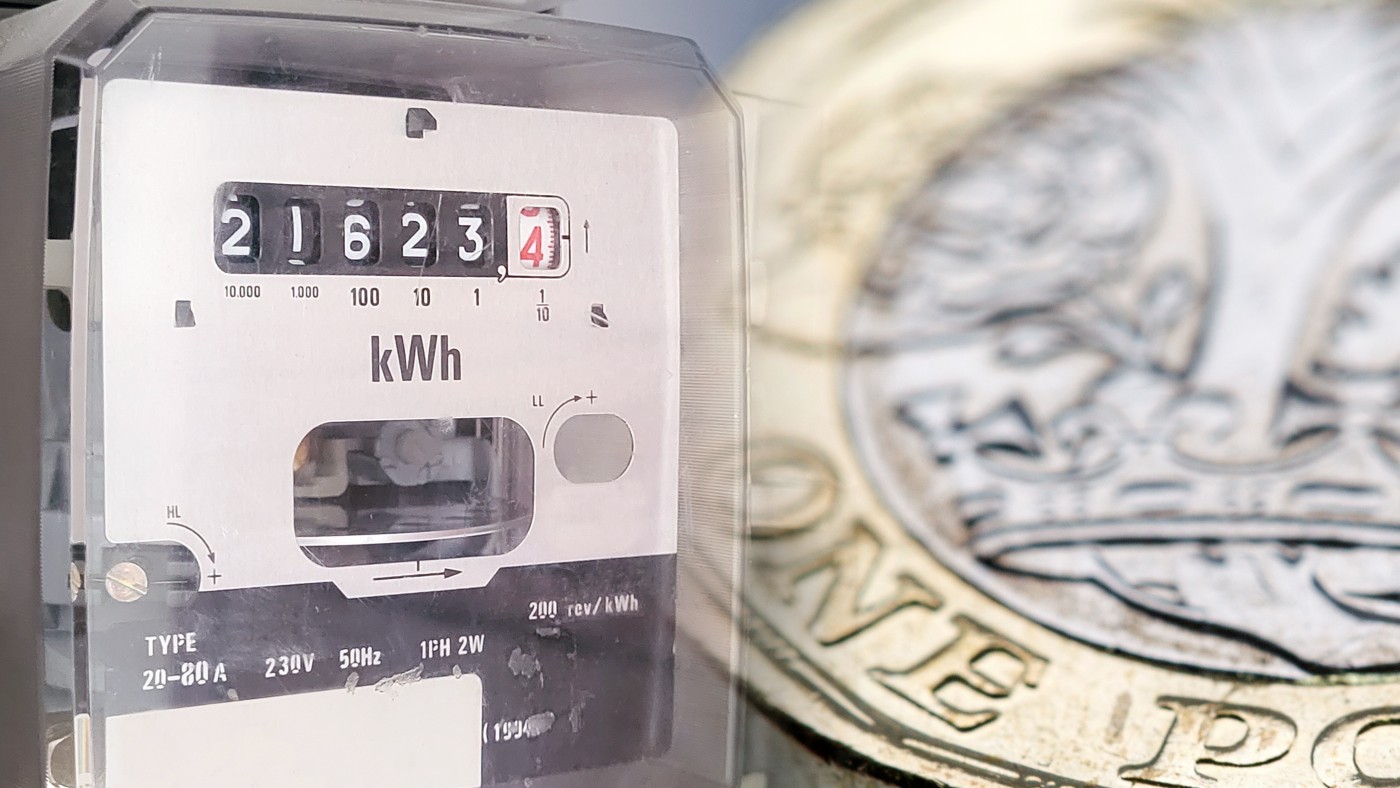 Cost of living: will fall in energy price cap make a difference?
Cost of living: will fall in energy price cap make a difference?In Depth Limit on what providers can charge falls but consumers are warned they will see ‘little relief’
-
 Is it cheaper to work from home or at the office?
Is it cheaper to work from home or at the office?Talking Point Commuting costs may wipe out savings made from lower domestic energy bills
-
 Could Labour solve the cost-of-living crisis?
Could Labour solve the cost-of-living crisis?Today's Big Question Keir Starmer unveils £29bn plan to freeze energy price cap
-
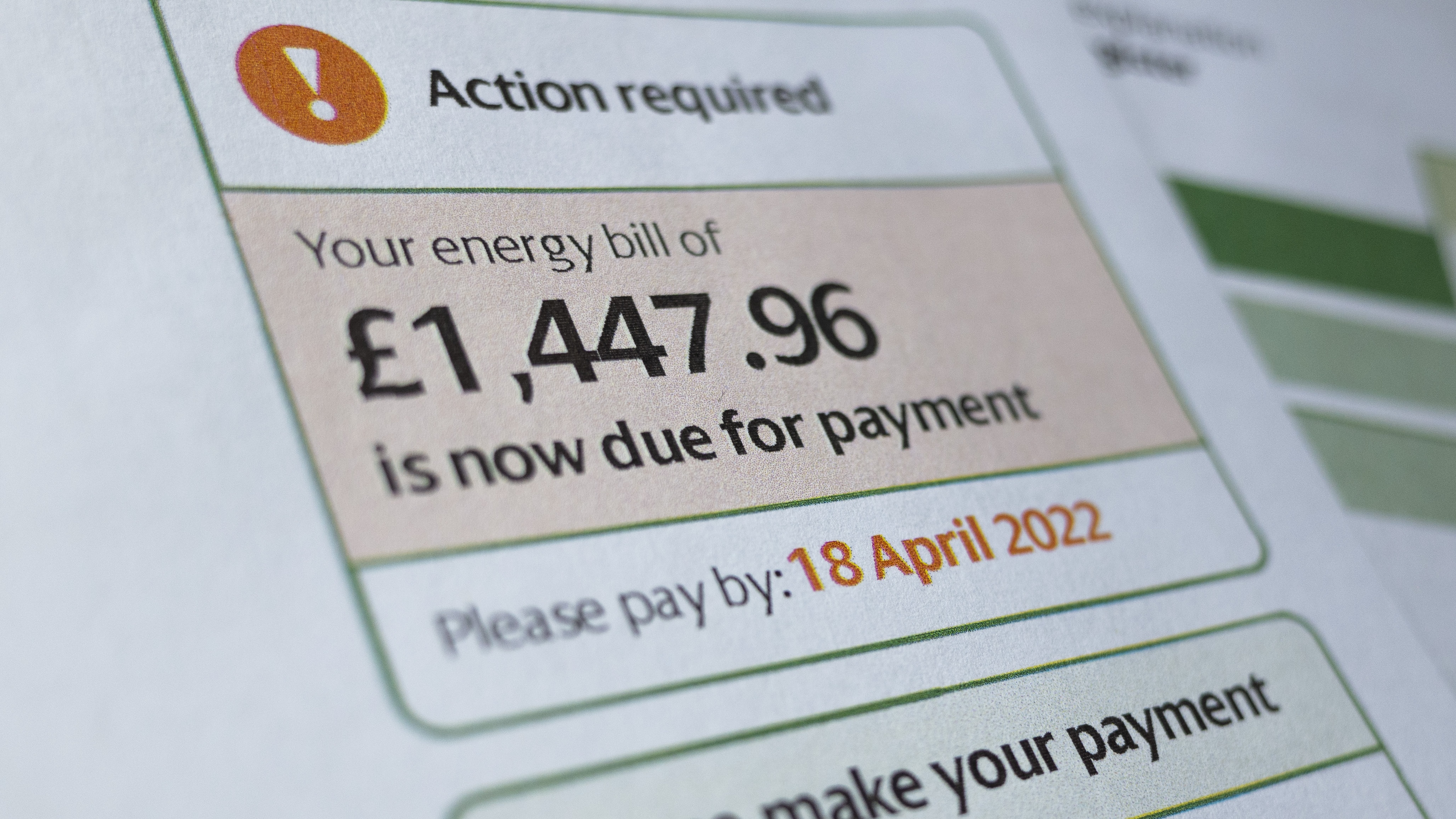 What is Don’t Pay UK?
What is Don’t Pay UK?feature Campaign hopes to encourage one million people to cancel their direct debits to energy providers
-
 Cost-of-living crisis: is the UK over the worst of it?
Cost-of-living crisis: is the UK over the worst of it?Today's Big Question Inflation data showing sharp falls in price rises will bring ‘sighs of relief in government’, but food prices may not ever come back down
-
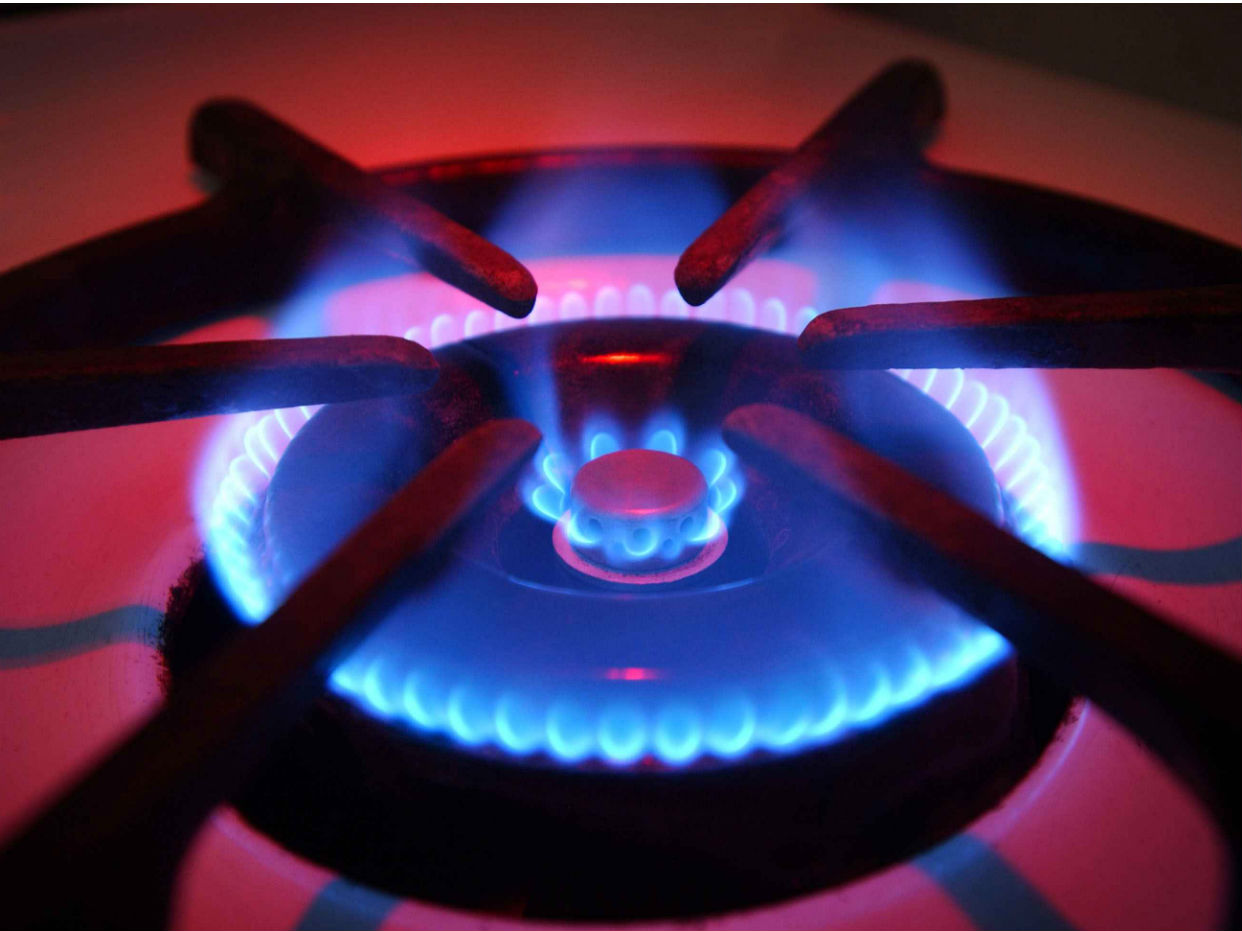 Tackling energy bills: what the pundits say
Tackling energy bills: what the pundits sayfeature Price shock, easing the blow and self-help